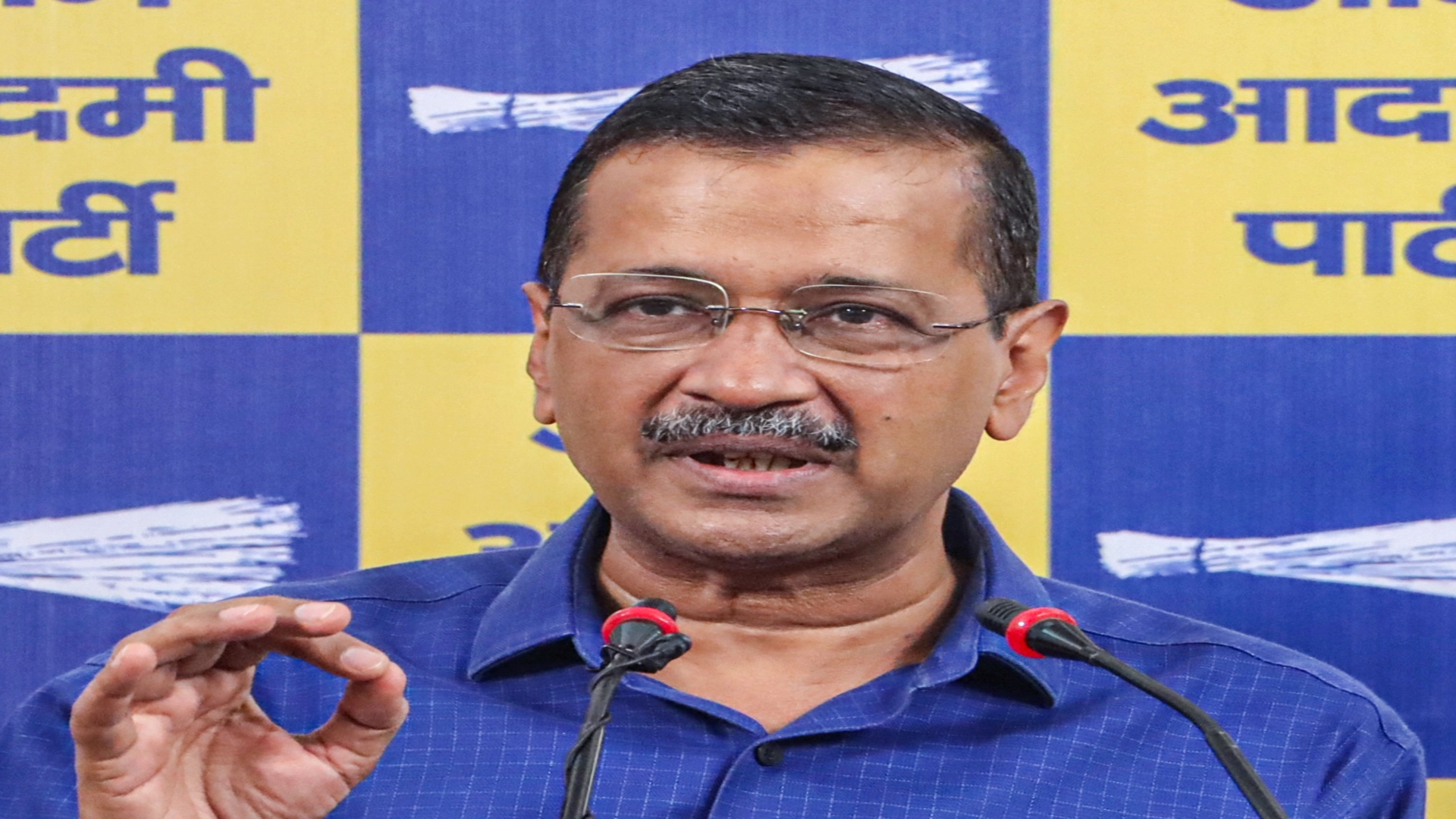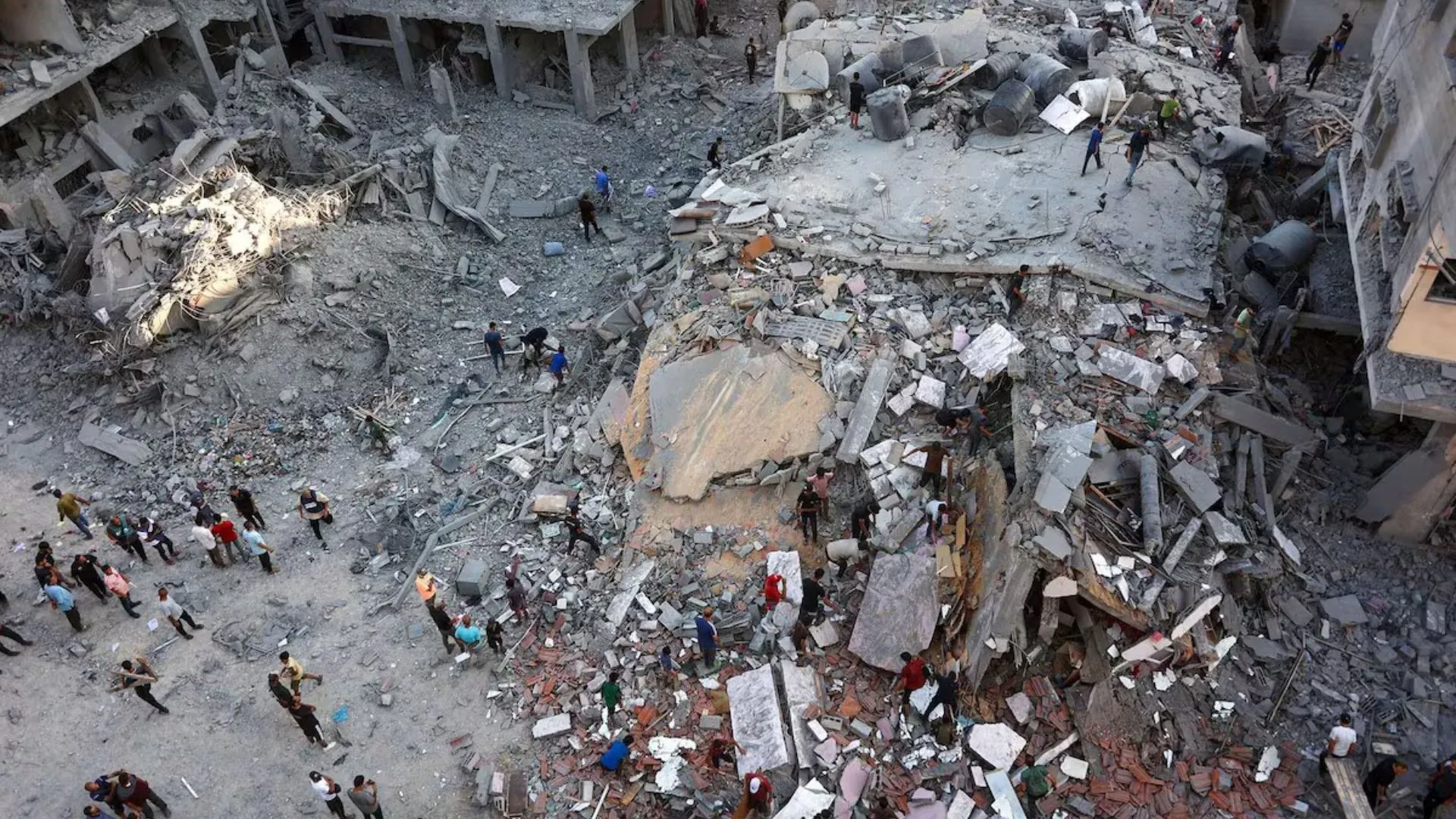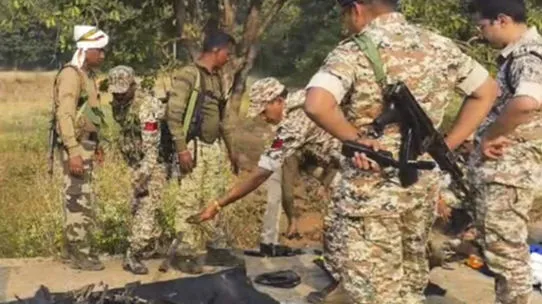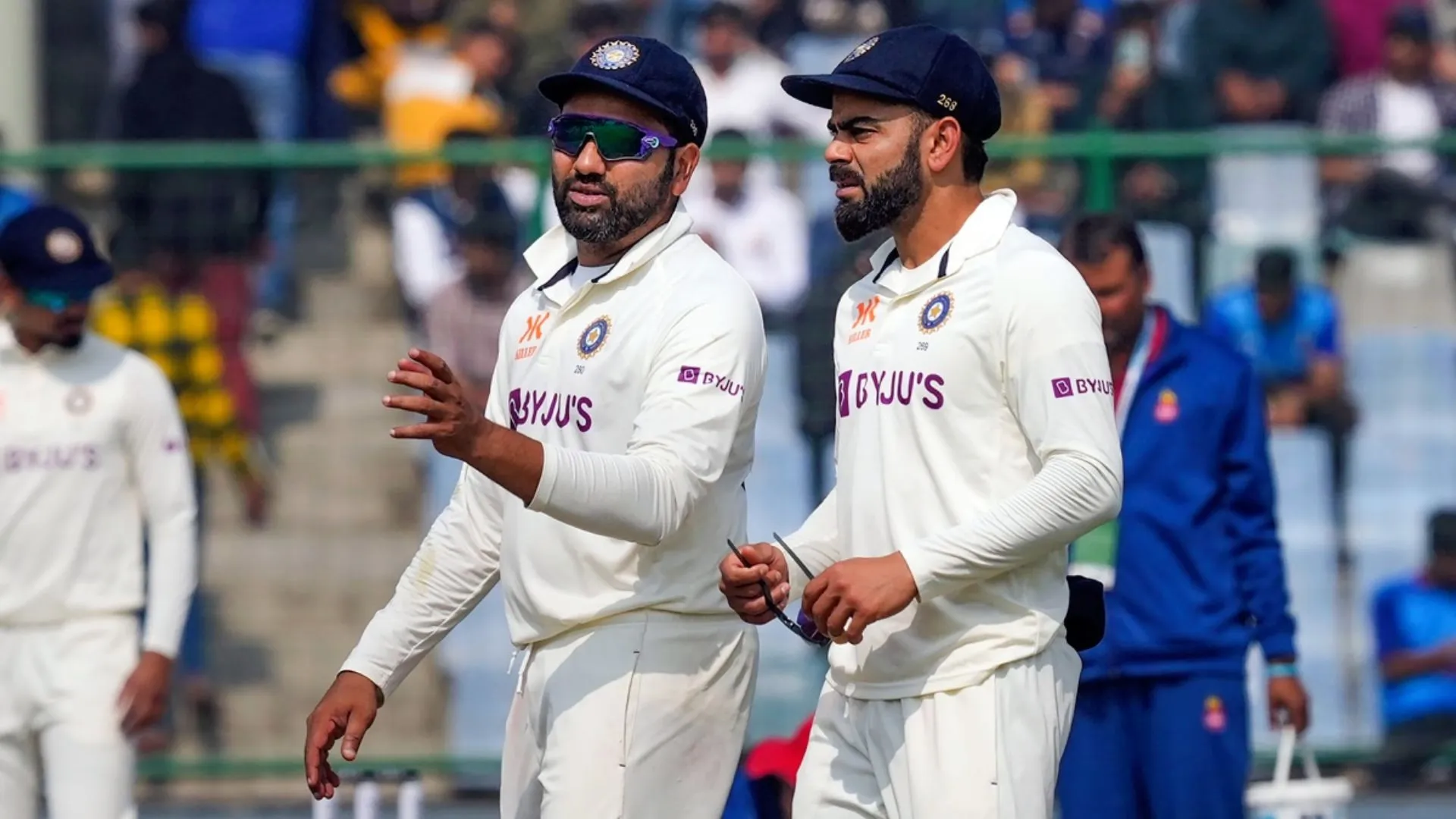In a well-orchestrated mode, a mob entered and barged into the main gate of Warburton Police Station in Nankana Sahib district of Pakistan, and dragged Waris Issa, a Christian man, accused of blasphemy. This horrid incident happened on 11 February in broad day light. According to reports, the victim was accused of allegedly desecrating the Holy Quran and locals claimed the victim was also involved in “witchcraft”. Following the accusation, he was handed over to the local police force, however, a mob later gathered in front of the police station after news of the incident spread in the area. The crowd demanded the police hand over the accused, following which Issa was hauled out of the police station, completely naked, assaulted and later set on fire.
In an administrative eyewash, FIR was registered against over 800 suspects for killing Waris, attacking police personnel, and raiding the police station under terrorism and different sections of the Pakistan Penal Code (PPC). Moreover around 75 suspects, including members of the radical Tehreek Labbaik Pakistan (TLP) outfit were arrested on 13 February.
This is not an incident in isolation. Pakistan has experienced such heinous crimes in past as well, involving the violent street cadres of TLP and people dying in cases of blasphemy. In one such incidents, on 3 December 2021, a Sri Lankan national, Priyantha Kumara Diyawadanage, who worked in a factory as export manager, was killed by a disgruntled horde, which included his fellow factory workers, in Wazirabad Road of Sialkot, Punjab. The murder occurred after a co-worker reportedly accused Priyantha of desecrating and removing posters from factory walls bearing the name of the Prophet. Seemingly TLP cadres were involved in this act.
More dangerously, blasphemy is frequently used in Pakistan to declare diverse religious sects un-Islamic. Apart from personal hatred, members of the Ahmadi, Shia, Hazara, Sikh, Christian, and Hindu groups are frequently pronounced as wajib-ul-qatl (deserving of death) for various purported “blasphemous” deeds. The most well-known case is that of Asia Noreen, famously known as Asia Bibi, a deprived Christian lady who was wrongfully accused of blasphemy in 2009. A year later, she became Pakistan’s first woman to be sentenced to death for blasphemy. In 2018, the Supreme Court of Pakistan under international pressure and in a ‘face-saving move’ overturned her death penalty. She now lives in Canada, since she is still considered wajib-ul-qatl in Pakistan.
According to the Centre for Research and Security Studies (CRSS)’s latest report, at least 89 citizens have been killed and over 1,415 allegations, as well as cases of blasphemy, have been reported in Pakistan since the creation of the Islamic country. The report also says that between 1947 and 2021, 18 women and 71 men were extra-judicially killed over blasphemy accusations. On the other hand, none of the blasphemy accused were hanged following the law.
Besides, according to the Annual Report of Human Rights Commission of Pakistan (HRCP), State of Human Rights in 2021:
“…HRCP observed an uptick in blasphemy allegations. Police data shows that at least 585 persons were booked on charges of blasphemy in 2021, with the overwhelming majority from Punjab. Persons accused of blasphemy included a Hindu boy as young as eight in Rahim Yar Khan…”
Not only common men, or people belonging to religious minority; but, ministers and prominent political figures have also been murdered in the name of Blasphemy in Pakistan. Punjab’s Governor Salman Taseer as well as Federal Minister for Minority Affairs, Shahbaz Bhatti were cruelly killed in different occasions in 2011 for raising concerns about brutality related to blasphemy accusations. Bhatti was assassinated by unidentified terrorists who fired 30 shots at him and managed to flee, while Taseer was slain by one of his bodyguards, Malik Mumtaz Hussain Qadri, who was upset by the Governor’s attempts to achieve minor revisions to the Blasphemy Ordinance as well as his advocacy for Asia Bibi.
It is a crime to make disparaging statements about the Holy Prophet, according to Pakistan’s Criminal Code Section 295-C, which was adopted by an Act of Parliament in 1986 and was introduced by General Zia-ul-Haq. This rule, which attempted to punish insolence for the Holy Quran and disrespect for Prophet Muhammad, included life in prison as a punishment in 1990. In 1992, the government took things a step further and made the death sentence an option for anybody found guilty of blasphemy under PPC, Blasphemy Clause 295-C. Importantly, this was implemented during Nawaz Sharif’s ‘democratic’ rule. The death penalty was mandated by a special religious court, and when Pakistan’s Senate collectively agreed not to overturn the decision, it became the law.
The Clause 295-C thus states: “Whoever by words, either spoken or written, or by visible representation or by any imputation, innuendo, or insinuation, directly or indirectly, defiles the sacred name of the Holy Prophet Muhammad (peace be upon him) shall be punished with death, or imprisonment for life, and shall also be liable to fine.”
Making matters worse, the Council of Islamic Ideology (CII) concluded in September, 2013 that there is no need to modify the blasphemy legislation, but that its abuse must be halted. The CII is a constitutional organisation that advises the legislature on whether or not a particular law is incompatible with Islam. Furthermore, in December 2013, the Federal Shariat Court ordered the government to remove life imprisonment as a punishment in blasphemy cases, declaring that death was the only sentence available in the event of a conviction and that any additional punishment would be illegal.
The perils of the blasphemy law include that related ‘crimes’ do not require proof of intent or evidence to be produced after complaints are made, and there is no penalty for false accusations. Moreover, most people charged of blasphemy offences in Pakistan spend years in prison awaiting a trial. A ban on such laws is untenable due to the fear of widespread outcry of the radicals and the violent legacy of religious groups working at the grassroots level. The inefficiencies of Pakistan’s political system have produced a large gap, which has unfortunately been filled by numerous religious groups, many of which are violent.
Concluding with the event of Nankana Sahib, the violent images showed not only adults, but unfortunately teenage boys, hitting and physically assaulting Waris Issa, while he was dragged on the road. Such viciousness has deeply entrenched within the society and psyche of Pakistan. All because of obsession with the ‘truest form of Islam’, resulting in sectarian violence and crimes in the name of Blasphemy. In such backdrop, a person would not think twice before inhumanly attacking and eventually murdering a fellow human being. The Nankana Sahib like situation becomes grim, as there was no iota of remorse, rather it was a moment of mass furor and celebration. Mob deciding on the fate of a helpless man. It was an open display of pathetic law and order situation of Pakistan, a country which aspires to be a fully functioning democracy, but is unable to negotiate with vastitudes of Islamic fundamentalism.
Dr Sanchita Bhattacharya is Research Fellow, Institute for Conflict Management, New Delhi.
















